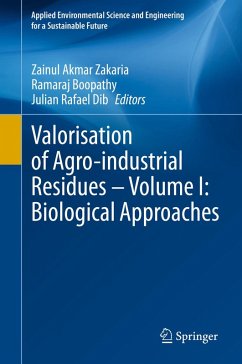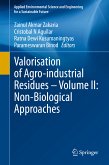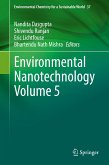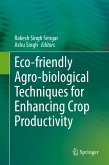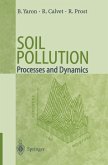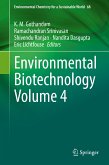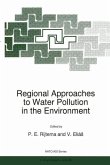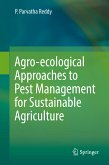This book presents up-to-date approaches using biological techniques to manage the abundance of waste generated from agricultural and industrial activities. It discusses techniques such as bioconversion, biodegradation, biotransformation, and biomonitoring as well as the utilization of these wastes. A number of chapters also include individual case studies to enhance readers' understanding of the topics.
This comprehensive book is a useful resource for anyone involved in agricultural and industrial waste management, green chemistry or biotechnology. It is also recommended as a reference work for graduate students and all agriculture and biotechnology libraries.
Dieser Download kann aus rechtlichen Gründen nur mit Rechnungsadresse in A, B, BG, CY, CZ, D, DK, EW, E, FIN, F, GR, HR, H, IRL, I, LT, L, LR, M, NL, PL, P, R, S, SLO, SK ausgeliefert werden.

